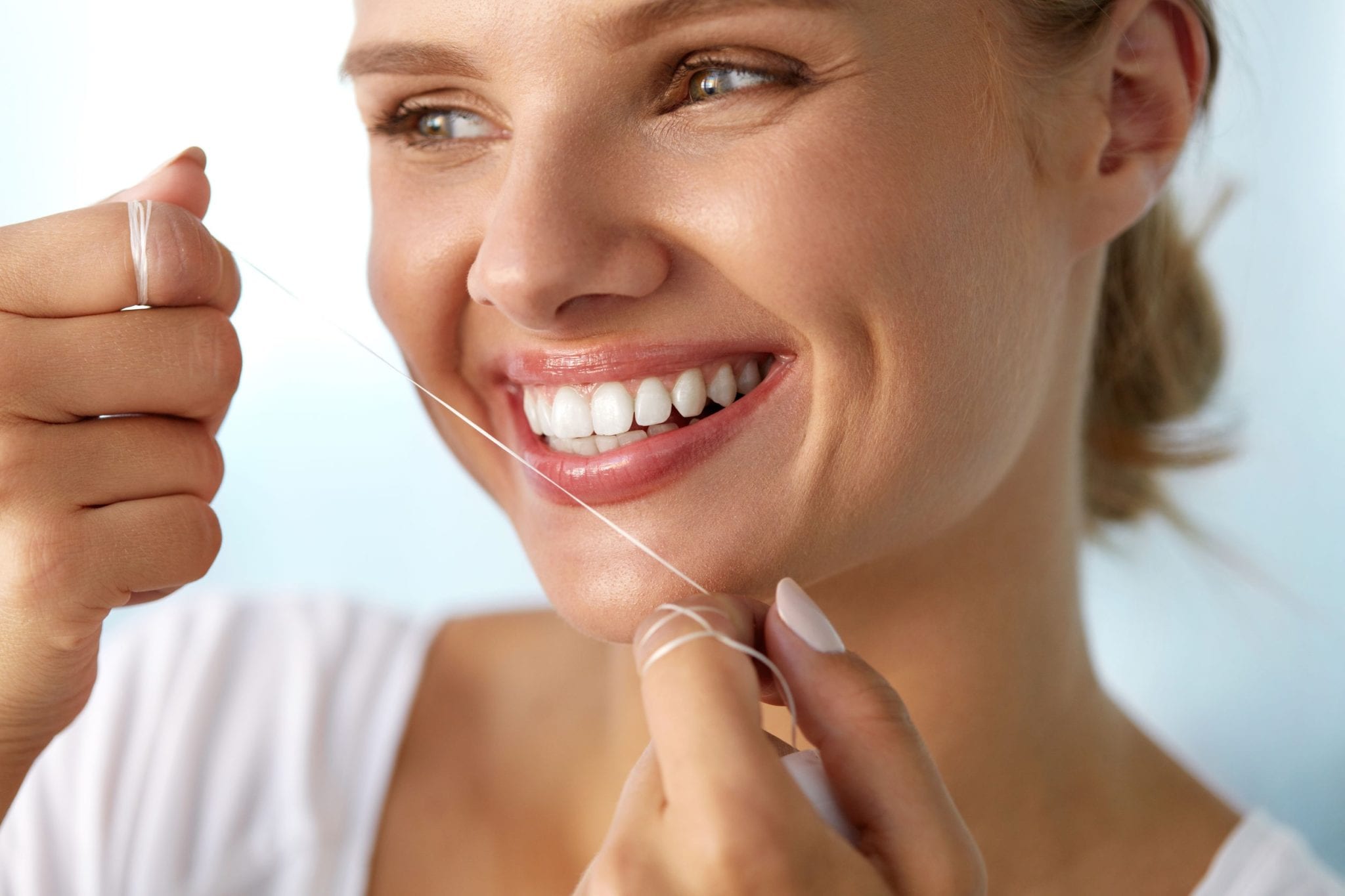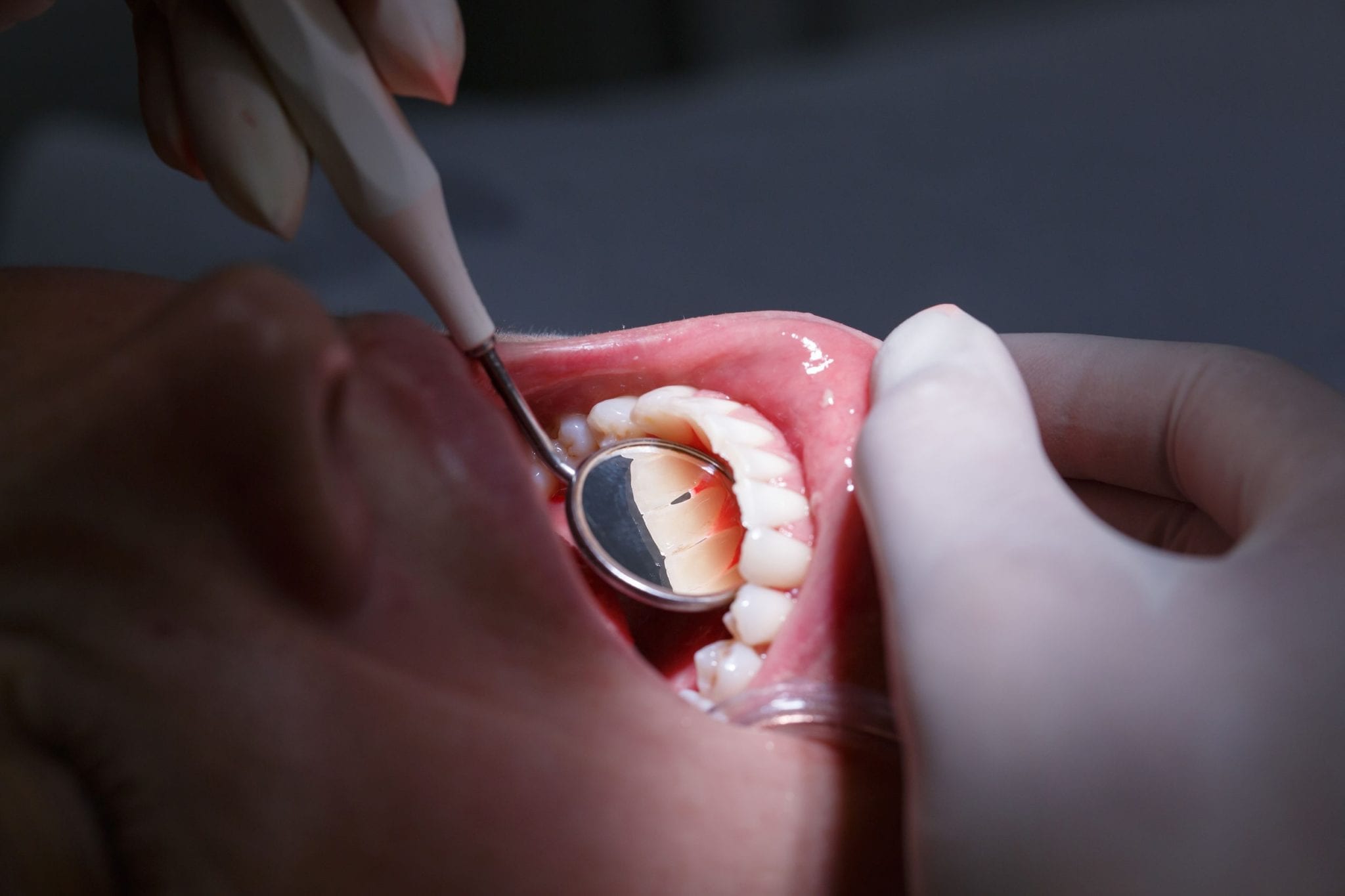
No matter who you are, it is impossible to ignore your dental hygiene. Every time you enjoy some food or flash a smile, you can’t help but be reminded of your teeth, their health, and their look. To get the best smile and maintain healthy teeth and gums, you have to engage in a regular dental hygiene routine – but what exactly should you be doing?
Most people know the basics. Brush at least twice a day, floss daily, rinse with water or mouthwash, don’t eat too many sugary foods, and keep up with regular dental visits. What about more specific dental hygiene questions, though?
There is a lot of misinformation out there, so we decided to set the record straight on a few of the most common dental hygiene myths for children, adults, and seniors alike.
Dispelling Some of the Most Pervasive Dental Hygiene Myths
Myth: My Kid Has a Cavity, But It Doesn’t Matter Because It’s A Baby Tooth. Even though you know your child’s tooth is going to fall out, the roots of baby teeth help to guide the child’s permanent teeth as they grow in. Because of this, a child’s cavities should still be addressed, and multiple cavities are a sign that your child’s dental hygiene routine or diet needs to be changed for healthier teeth in the future.

Myth: Past Your Teenage Years, Braces Won’t Help. Braces are usually recommended when patients are adolescents or teenagers, but that doesn’t mean you have to live with crooked teeth if you’re in your 30s, 40s, or 50s.
The orthodontic technology and procedures around now are way more advanced than what was available when you were a teenager. If you visit a cosmetic dentist or orthodontist, you may be surprised at what they can do to help your bite and improve your smile.
Myth: Fluoride Toothpaste Is Bad For My Teeth. While the controversy over fluoride has largely fizzled out in recent years, many people still have questions about whether fluoride is “bad” or “good.” Like with most things, it’s not quite that simple.
Fluoride is a naturally occurring substance. The American Dental Association has called fluoride “nature’s cavity fighter” due to its ability to naturally strengthen teeth. Using toothpaste, mouthwash, or drinking water with fluoride can benefit your teeth.
Just like any substance, however, too much can be harmful – especially for young children. Too much fluoride for children under 8 can cause damage, and ingesting more than 5-10 grams of fluoride as an adult is too much. (There is about .3 mg of fluoride in a pea-sized amount of toothpaste.)
Additionally, while it may be helpful to check the fluoride levels in your tap water and talk to your local dentist about how much fluoride is appropriate for your teeth, generally speaking you should be okay with the amount of fluoride you are ingesting throughout the day.
Myth: Diet Soda Is Better for Teeth than Regular Soda. Yes, there is less sugar in diet soda. However, sugar is not the only ingredient or food that will increase your risk of cavities.
Diet soda, even without sugar, is very acidic. The acidity of a drink can also eat away at the enamel in your teeth and lead to cavities. Other acidic drinks include fruit juices, alcohol, and coffee.
If you can’t quit your morning cup of coffee or orange juice, that’s okay. Balancing acidic drinks with a glass of water will help to keep your teeth protected and healthy.
Myth: Pregnant Women May Experience Bleeding Gums, But It’s No Big Deal. Women’s bodies go through a lot of changes during pregnancy, including (for many) bleeding gums. This is just another symptom that will go away after birth, though, right?
While it’s tempting to say that bleeding gums are just a symptom of pregnancy, they should still be addressed. Why? Because bleeding gums are a sign of gum disease. If you have not visited a dentist during pregnancy, you should make an appointment to address the issue.

Myth: Silver Fillings Are Dangerous For Your Health. If you have gotten fillings recently, there is a reason that they’re not the classic silver fillings of the past. Recent evidence has shown that silver fillings can add exponentially higher levels of mercury to your blood.
However, this does not necessarily mean you need to run to your dentist and have all of your silver fillings switched out immediately. While having whole rows of teeth filled with silver could cause problems, one or two silver fillings is typically safe.
That being said, there are many alternatives to silver fillings on the market now. If you have lots of silver fillings in your teeth, you may want to see a dentist about switching to an alternative material.
Have more questions? Get on the phone with a South Florida dentist and make your next appointment.






